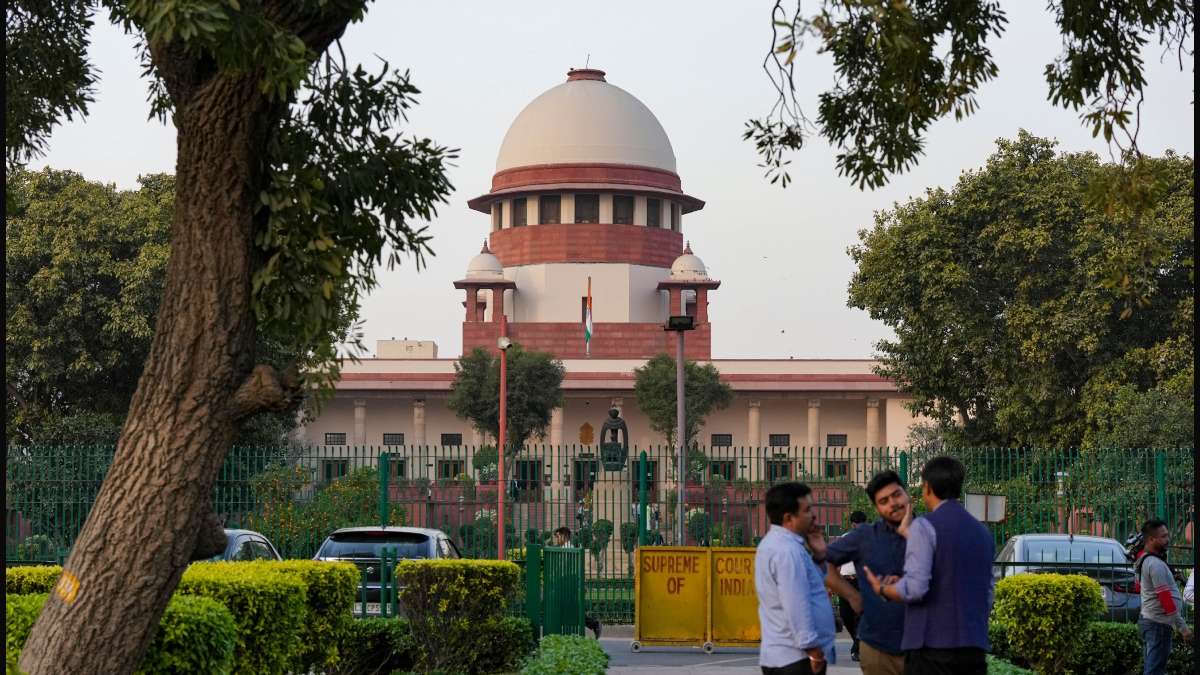The Supreme Court is set to deliver a crucial ruling today on the constitutional validity of Section 6A of the Citizenship Act. This provision allows Bangladeshi immigrants who entered Assam between January 1, 1966, and March 25, 1971, to register as Indian citizens while denying citizenship to those arriving after the cutoff date. The demand for stricter immigration controls intensified following the separation of Bangladesh from Pakistan on March 26, 1971. Student organisations, notably the All Assam Students' Union (AASU) and the Assam Gan Sangram Parishad (AAGSP), protested against the increasing influx of Bangladeshi immigrants. In response, Section 6A was incorporated into the Citizenship Act as part of the ‘Assam Accord,’ a Memorandum of Settlement signed on August 15, 1985, under the Rajiv Gandhi government. This provision aimed to address the concerns of these groups by identifying and expelling foreign immigrants who entered Assam after March 25, 1971. The petitions challenging Section 6A argue that the presence of illegal immigrants from East Pakistan has severely disrupted Assam's demographic balance. Petitioners claim that the rights of the indigenous Assamese population are at risk, asserting that Section 6A effectively legitimises unauthorised immigration. The Constitution Bench, led by Chief Justice D.Y. Chandrachud, is expected to announce its judgment at 10:30 AM. This ruling could have significant implications for the demographic landscape and the rights of Assam's residents. Under Section 6A, individuals who entered Assam before January 1, 1966, are granted full citizenship rights, while those who arrived between 1966 and 1971 enjoy similar rights, albeit with a ten-year voting restriction. Petitioners have raised concerns about why Assam alone has been subjected to this provision, linking it to a perceived rise in unauthorized immigration. The court has requested evidence illustrating how the benefits extended to these migrants have led to demographic changes that threaten Assamese cultural identity. The Constitution Bench clarified that its examination would focus solely on the validity of Section 6A and not on the Assam National Register of Citizens (NRC). The court sought details regarding illegal immigration from Bangladesh and the government's efforts to detect and deport undocumented individuals. In a government affidavit, officials acknowledged the complexities involved in detecting, detention, and deporting illegal foreign nationals. They also cited West Bengal's policies as obstacles to effective border control, hindering the fencing of the Indo-Bangladesh border—a crucial national security initiative. The Centre emphasised the difficulties in managing a 4,096.7 km border, which is porous and features challenging geography, including rivers and hilly terrain. While West Bengal shares a 2,216.7 km border with Bangladesh, Assam's border measures only 263 km. With the court having reserved its decision in December 2023, the judgment is highly anticipated by legal experts, political analysts, and the residents of Assam, as it may significantly influence the ongoing discourse on citizenship and immigration policy in the region. None
Popular Tags:
Share This Post:

Sensex rises 280 points, Nifty gains 58 in early trade | Market highlights
October 17, 2024
Meta cuts jobs across key divisions, including Instagram, WhatsApp, and Reality
October 17, 2024What’s New
Spotlight
Today’s Hot
-
- October 17, 2024
-
- October 17, 2024
-
- October 17, 2024
Supreme Court to deliver ruling on Citizenship Act's Section 6A today
- By Sarkai Info
- October 17, 2024
Featured News
Latest From This Week
6G to arrive sooner than expected: What does it mean for Jio, Airtel, BSNL and Vi users?
TECHNOLOGY
- by Sarkai Info
- October 16, 2024
How to make calls without a SIM card? BSNL’s working on THIS new technology to change mobile communication
TECHNOLOGY
- by Sarkai Info
- October 16, 2024
Subscribe To Our Newsletter
No spam, notifications only about new products, updates.




























